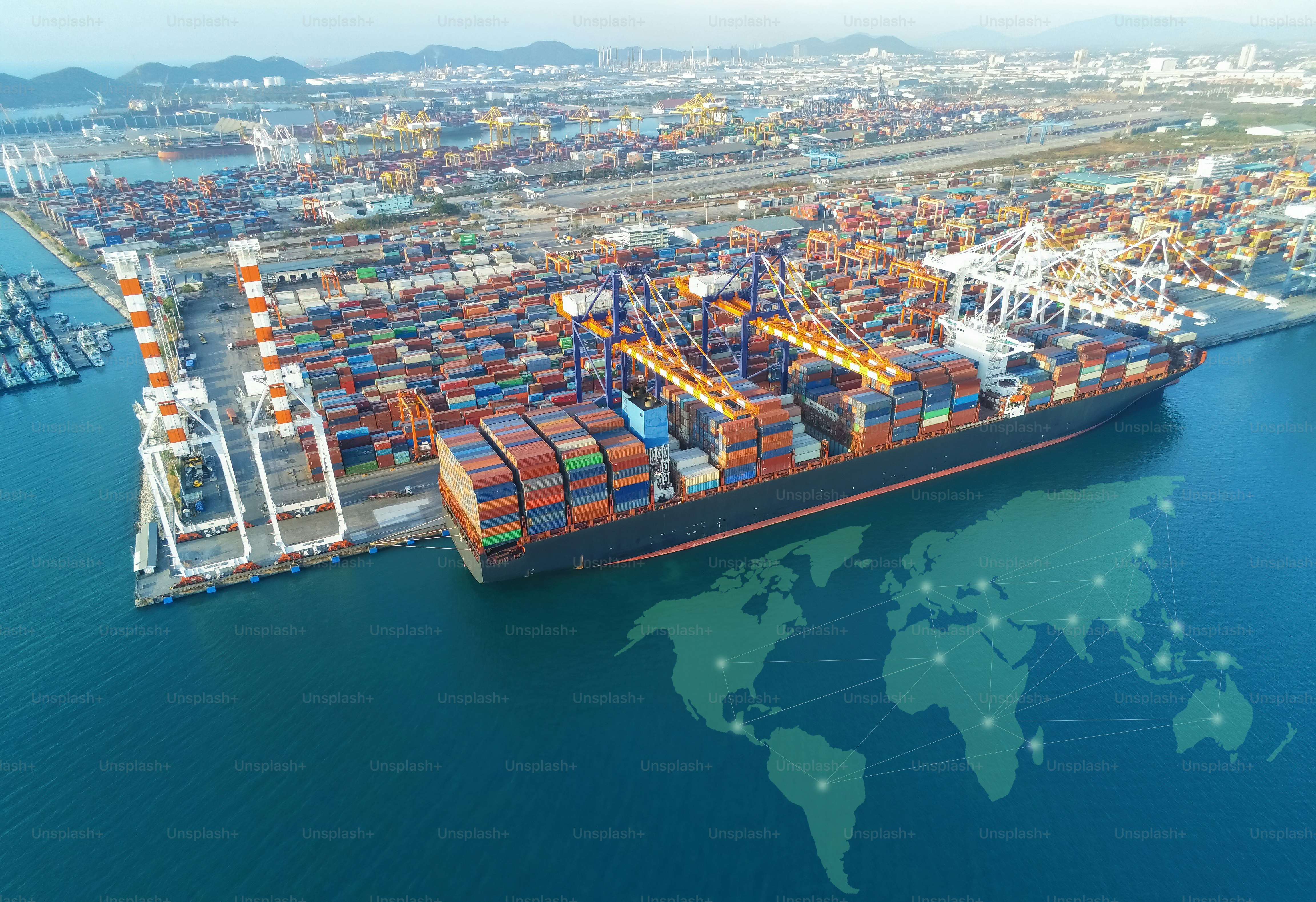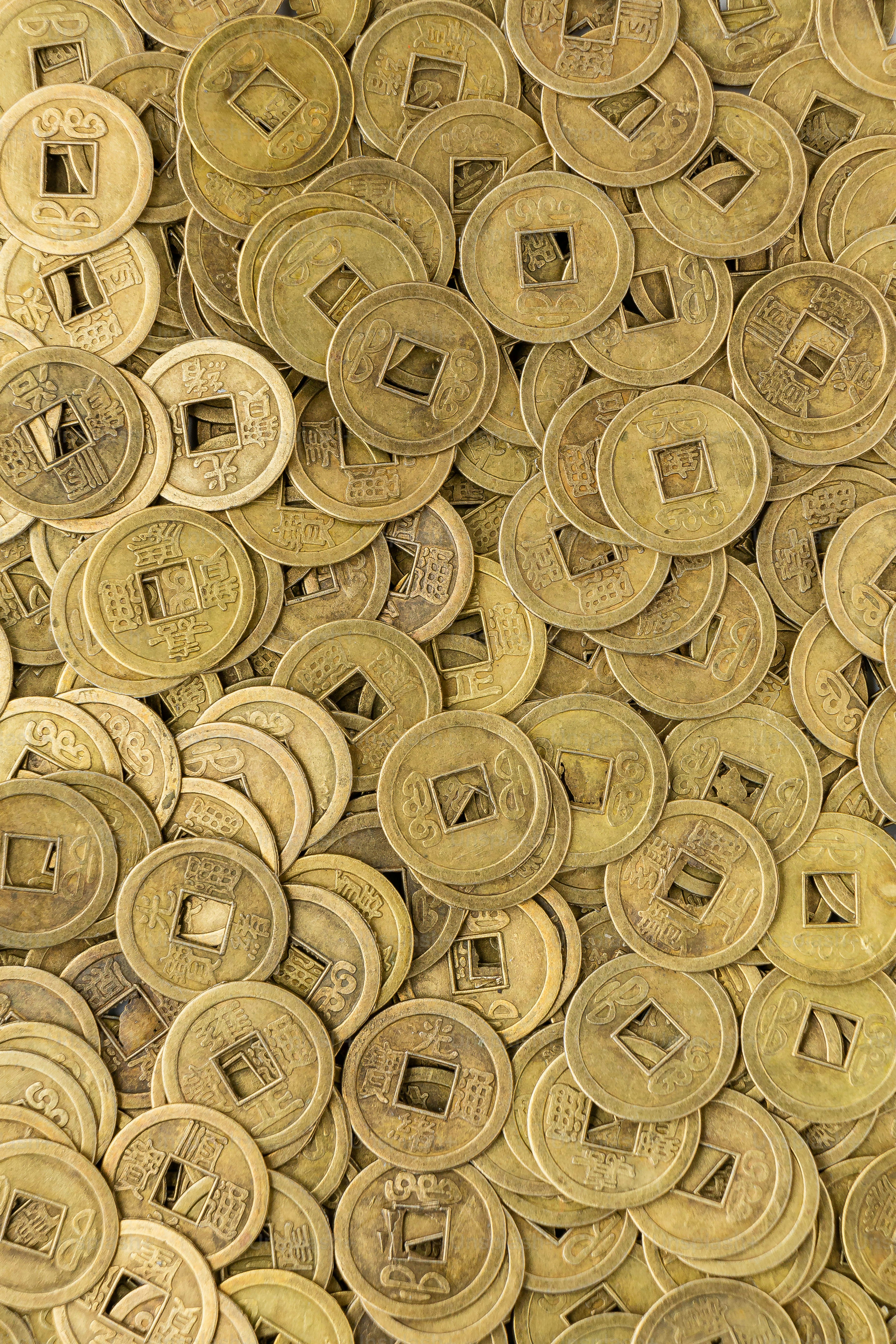Sweden, remarkably, finds itself in a relatively strong position amidst the escalating global turmoil, according to Riksbank board member Martin Flodén (previously known as Seim). But let’s be clear: ‘good’ doesn’t mean ‘safe.’ We’re witnessing seismic shifts in both trade and security landscapes, orchestrated by geopolitical maneuvering that leaves seasoned economists scrambling.

This isn’t just about theoretical models anymore; it’s real-world disruption impacting supply chains, energy prices, and frankly, everyone’s cost of living. Central bankers worldwide are facing an unprecedented challenge – how to steer economies through these uncharted waters.
Let’s unpack this a little further, because understanding the ‘why’ is crucial for investors:
Firstly, the era of predictable globalization is over. We’re seeing a fragmentation of the international order, with nations prioritizing security and resilience over sheer economic efficiency. This impacts trade flows considerably.
Secondly, the weaponization of energy and strategic resources is a stark reality. The reliance on singular suppliers is a glaring vulnerability, and countries are actively diversifying – and sometimes, decoupling.
Finally, central banks are caught in a bind. Fighting inflation is paramount, but overly aggressive monetary tightening risks exacerbating recessionary pressures in a world already grappling with supply-side shocks. It’s a delicate balancing act, and frankly, the margin for error is shrinking.
Seim’s comments aren’t a comforting lullaby, but a stark warning. Sweden’s relative strength buys it time, not immunity. Stay vigilant, stay informed, and prepare for sustained volatility. This isn’t a drill, folks.






